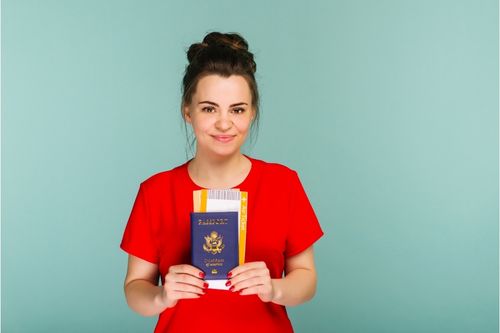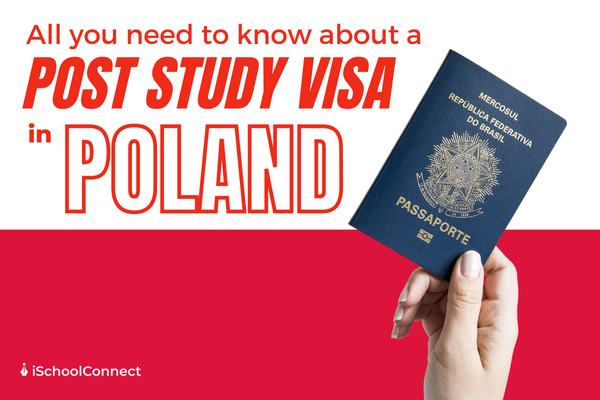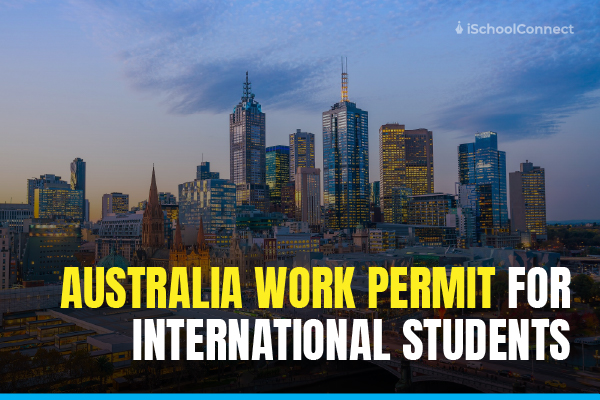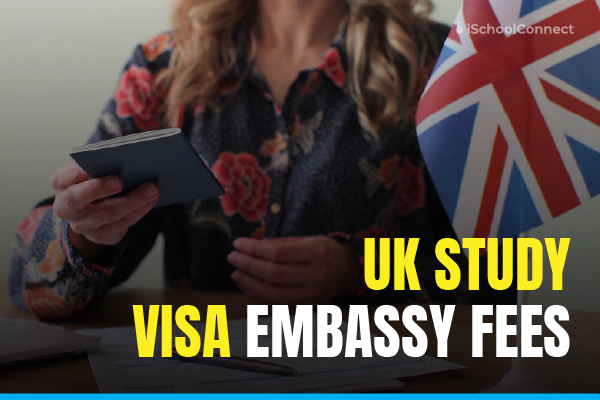Table of Contents
An Overview of the Admissions process
Applying for a post-study visa to Poland is difficult. There’s so much you need to figure out before you can start the process. Like which visa you’ll need, the post-study work visa requirements, the documents you’ll need, and how to apply. To top it off, you have to look at medical papers and travel insurance and get documents that will prove you have enough money to study in Poland. To help you with your visa process, we have compiled all the information you need in this blog. Read on!
First things first
The documents you’ll need to be able to stay and work in Poland after graduation are called [Temporary] Residence Permit and Work Permit.
You may or may not need to apply for them depending on multiple factors. Like which country you’re from, what you plan to do while working in Poland, and how long you need to stay. Let’s get started!
Do I need a post-study visa for Poland?

There are many ways in which you can be exempted from applying for a work permit for Poland-
- Foreigners from the EU, Norway, Lichtenstein, Iceland, and Switzerland can work in Poland without a work permit.
- If you’re not from an EEA country, and are applying for a job after graduating from an institute outside Poland, you are going to need a work permit.
- There’s no need to apply for a work permit if you want to work for less than 3 months after graduation.
- You don’t need a work permit if you’re a foreign language teacher.
- If you have established some form of residency in Poland, there’s no need to apply for a work permit.
- Those who are/were married to a Polish citizen do not need a work permit.
- You don’t need a work permit if you’ve been granted refugee status in Poland.
In simple words — if you’re a student who graduated from a Polish university or scientific research institution, you do not need to apply for a work visa, that is, if you have managed to secure a job within 3 months of graduation.
Note: You cannot apply for a work permit; your employer has to do it for you.
What if I don’t have a job?
If you’re a Polish institute graduate looking for work or planning to establish a business in Poland, and want to stay for more than 3 months, then you need to apply for a Temporary Residence Permit.
- The permit will allow you to stay in the country for a period of 9 months.
- You need to apply for it before your current legal status expires.
- If you apply before the expiry date, you can stay in Poland while your application is being processed.
- Your passport must be valid at the time of your application.
How should I apply?

There are two ways to apply for the Temporary Residence Permit — in person, and through the post. But even if you send your application via post, you will have to show up in person to give your fingerprints.
Here’s how to get started-
- Book your visit at the Department of Foreigners in Poznań or one of the office’s delegations.
- Fill up the application form.
- Collect the required documents.
- Pay the application fee.
- Your residence card will be issued after you have received your permit.
What documents will I need?
You will need two sets of documents for the application process-
Documents required to get a stamp on your passport
- Online application form
- 4 photographs
- A valid travel document
- Confirmation that you’ve paid the stamp duty
Documents required to be granted the temporary residence permit
- Graduation diploma
- Proof of an active job search (CVs, set job interviews, etc.)
- Health insurance
- Proof that you can cover your stay in Poland for the next 9 months
- A return ticket to your home country
- A document confirming your current accommodation in Poland
What else should I know?
There are a bunch of things you need to keep in mind as you apply for a Temporary Resident Permit-
- You can apply for it only once, and only immediately after graduation.
- It allows you to stay in Poland for a period of 9 months.
- The permit does NOT entitle you to work in Poland.
- If you have completed your full-time studies at an institution in Poland, you will not need your employer to apply for a work permit.
- If you get a job, you need to inform the appropriate authorities within 15 days. Not fulfilling this obligation, you might be refused from obtaining another residence permit.
- You will need an authorization letter from your employer, even if you don’t require a work permit to stay in Poland after you get a job.
- You can continue to work in Poland for a period of 3 years after graduation.
Key takeaways
- The documents you’ll need to be able to stay and work in Poland after graduation are called [Temporary] Residence Permit and Work Permit.
- You may or may not need to apply for them depending on the factors listed above.
- If you’re a student who graduated from a Polish university or scientific research institution, you do not need to apply for a work visa.
- If you’re a Polish institute graduate looking for work, then you need to apply for a Temporary Residence Permit.
- There are two ways to apply for the Temporary Residence Permit — in person, and through the post. Follow the instructions in this guide to start the process.
- You will need two sets of documents for the application process – for a stamp on your passport, and for the temporary residence permit.
- There are a bunch of things you need to keep in mind as you apply for a Temporary Resident Permit. Read about them in the section above.
Liked this blog? Read next: Schengen visa | 7 Things you need to know about this European visa
FAQs
1. When can I apply for a temporary residence permit in Poland?
Ans: Right after your graduation.
2.I have a part-time graduation diploma from a Polish institute. Can I apply for a temporary residence permit?
Ans: Yes, but your employer will have to apply for your work permit to help you stay in Poland after you find a job.
3.What is the application process for a work permit in Poland?
Ans: Remember that you CANNOT apply for a work permit; your employer has to do it on your behalf. The entire application process for the same is laid out on the official Department of Foreigners website.






